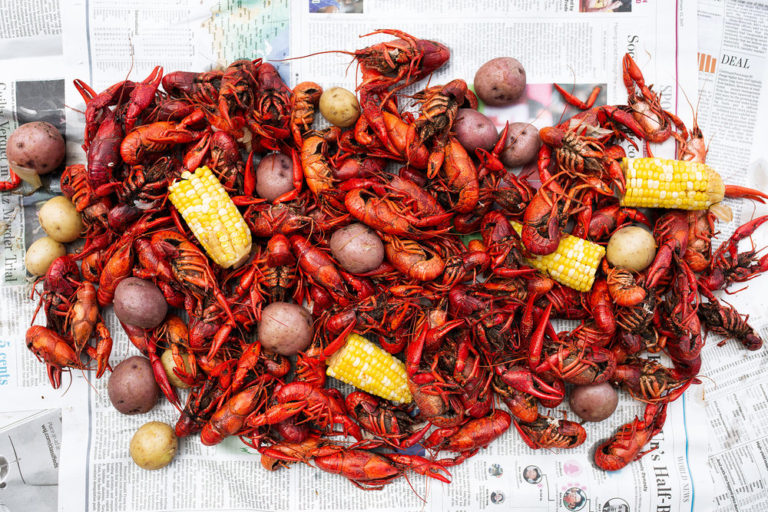After-effects of Christmas: Are January Diets Worth It?
Christmas is a time which, to many people, means food, alcohol and, most importantly, presents. It’s the period of the year where many people indulge in a few too many treats, convincing themselves that they’ll work off the weight again in the New Year.
While psychologically there is no harm in letting yourself go during the festive period, from a health perspective, there can be – and it’s not really hard to see why. According to a report published in The Independent, the average roast dinner contains more than 6,000 calories, almost triple the recommended daily intake. When you add the quantity of alcohol and chocolate consumed over the festive period on top of this, the total amount of food eaten at Christmas becomes more akin to a catering service than a family-sized meal.
But, when it comes to shifting this weight after Christmas, are January diets really all they’re cracked up to be? And does going ‘dry for January’ really make much of a difference to your body?
Join us as we take a look at answering both these questions, proving once and for all whether going on a January diet is actually worth your time.

Putting the ‘merry’ in Merry Christmas
I’m sure I’m not the only one who would have to admit that the amount of alcohol I consume over Christmas is much bigger than during other months in the year. In fact, this is one of the key reasons many people elect to participate in a ‘dry January’ in the first place, hoping to nullify the effects of excess festive drinking. But what effect does this topsy-turvy change from heavy drinking to abstinence actually have on our bodies?
During a recent study which looked into this area, the effect of abstaining from alcohol was investigated over a five-week period. Fourteen people were involved in the work, with ten remaining abstinent, and the other four continuing their drinking habits as normal.
In the group that abstained from alcohol, blood glucose levels fell by 16 per cent, while liver fat – a leading cause of liver disease – also fell by 15 per cent. Total blood cholesterol, a major risk factor for heart disease, also dropped five per cent on average, therefore proving that temporary abstinence is clearly a good thing.
These findings correlated with another study published earlier this year as well, which looked into the effect of temporary abstinence campaigns on Thai drinking habits. According to the research, 16.3% of the six-million strong drinking population were found to abstain completely over a three-month period, while almost 20% decreased the amount of alcohol they consumed. As such, this proves that ‘dry January’ campaigns not only improve health, they also hold value.
Pass The Gravy
So, how about eating?
From chocolate-filled advent calendars to extra gravy on the Christmas dinner, it can be pretty hard to escape eating unhealthily at Christmas, making the additional weight gained over the festive period another major cause for concern. However, have no fear – certain studies have actually found that a little bit of extra fat around your waistline isn’t necessarily a bad thing.
Analysing the response of fat cells against infections, researchers have discovered that human fat actually releases cathelicidin – a chemical believed to enhance immunity and protect the body from infection.
However, before you celebrate this news by getting stuck into another helping of Christmas pudding, having more fat does not equal more protection – in fact, it means the opposite. If you have more fat, you will also have a higher likelihood of suffering from a soft tissue infection, like necrotising fasciitis – one Christmas present you definitely don’t want to receive.
New Year, New Me
Therefore, in answer to the question ‘are January diets worth it’, the short answer is a definite yes. That said, it’s important to remember that the beneficial health effects of abstaining from alcohol can also come at a social cost, which could lead to social anxiety disorders over a longer period of time.
Losing weight is also highly beneficial, but don’t feel paranoid if you don’t have a body like Captain America. As the research here proves, having a small amount of fat is certainly no bad thin. In fact, it could even keep you better-protected against illness over the coming year.








